
A pair of inspectors general have requested an investigation into the handling of potentially classified government information once stored on former Secretary of State Hillary Clinton’s private email server, the New York Times reported late Thursday.
The request reopens a fresh wound for Clinton — the decision to use a private account for government business, and then choosing to delete ostensibly personal information from the server after information was requested by Congress. The controversy has contributed to a decline in Clinton’s favorability rating and has provoked questions about her trustworthiness.
The request for the investigation, the New York Times reported, references “hundreds of potentially classified emails” contained among Clinton’s messages, though it is unclear whether the messages were marked as such when Clinton sent or received them. The Department of Justice has yet to decide whether to pursue charges, nor is it clear whom would be the target of the investigation.
A Department of Justice official said despite initially confirming that the request was not for a criminal investigation, that is not the case. “The Department has received a referral related to the potential compromise of classified information,” the official said. It is not a criminal referral.”
In May, when releasing the first batch of Clinton emails to the public, the State Department, at the request of the intelligence community, classified 23 words of an email relating to the arrest of a suspected assailant in the 2012 Benghazi attack which killed four Americans.
At the time, the State Department said, the email was unclassified while it resided on Clinton’s server and when it was sent to the House Select Committee on Benghazi. A senior department official told TIME then that the retroactive classification does not mean Clinton did anything improper, adding “this happens several times a month” when Freedom of Information Act reports are prepared for the public.
In a statement, Clinton spokesman Nick Merrill brushed back on the assertion that Clinton had done anything wrong.
“Contrary to the initial story, which has already been significantly revised, she followed appropriate practices in dealing with classified materials,” Merrill said. “As has been reported on multiple occasions, any released emails deemed classified by the administration have been done so after the fact, and not at the time they were transmitted.”
In a March news conference, Clinton denied that she used the unsecured account for classified information. “I did not email any classified material to anyone on my email,” she said. “There is no classified material. So I’m certainly well aware of the classification requirements and did not send classified material.”
The State Department is in the midst of a review of 55,000 pages of emails from Clinton’s server, and is under court order to produce them regularly to the public in order to comply with overdue Freedom of Information Act requests.
In her public comments on the server issue, Clinton has at times been less than forthright, telling CNN earlier this month that she hadn’t received a subpoena when she clearly had, and suggesting she had gone above and beyond complying with government records rules.
“The truth is everything I did was permitted and I went above and beyond what anybody could have expected in making sure that if the State Department didn’t capture something, I made a real effort to get it to them,” Clinton told CNN this month. But, in fact, Clinton was under legal obligation to preserve all messages pertaining to her work and to hand them over to the State Department.
See Hillary Clinton's Evolution in 20 Photos

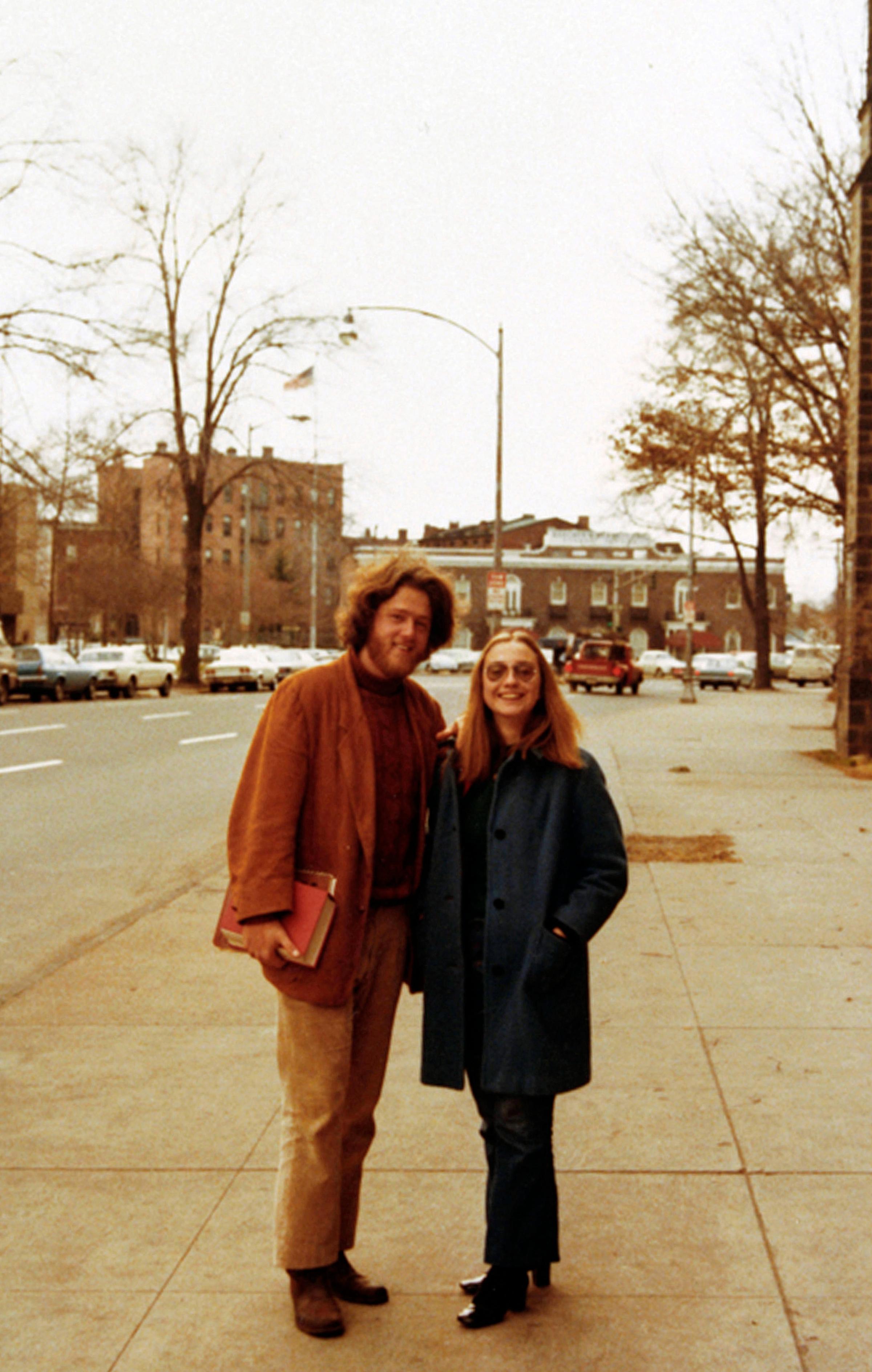
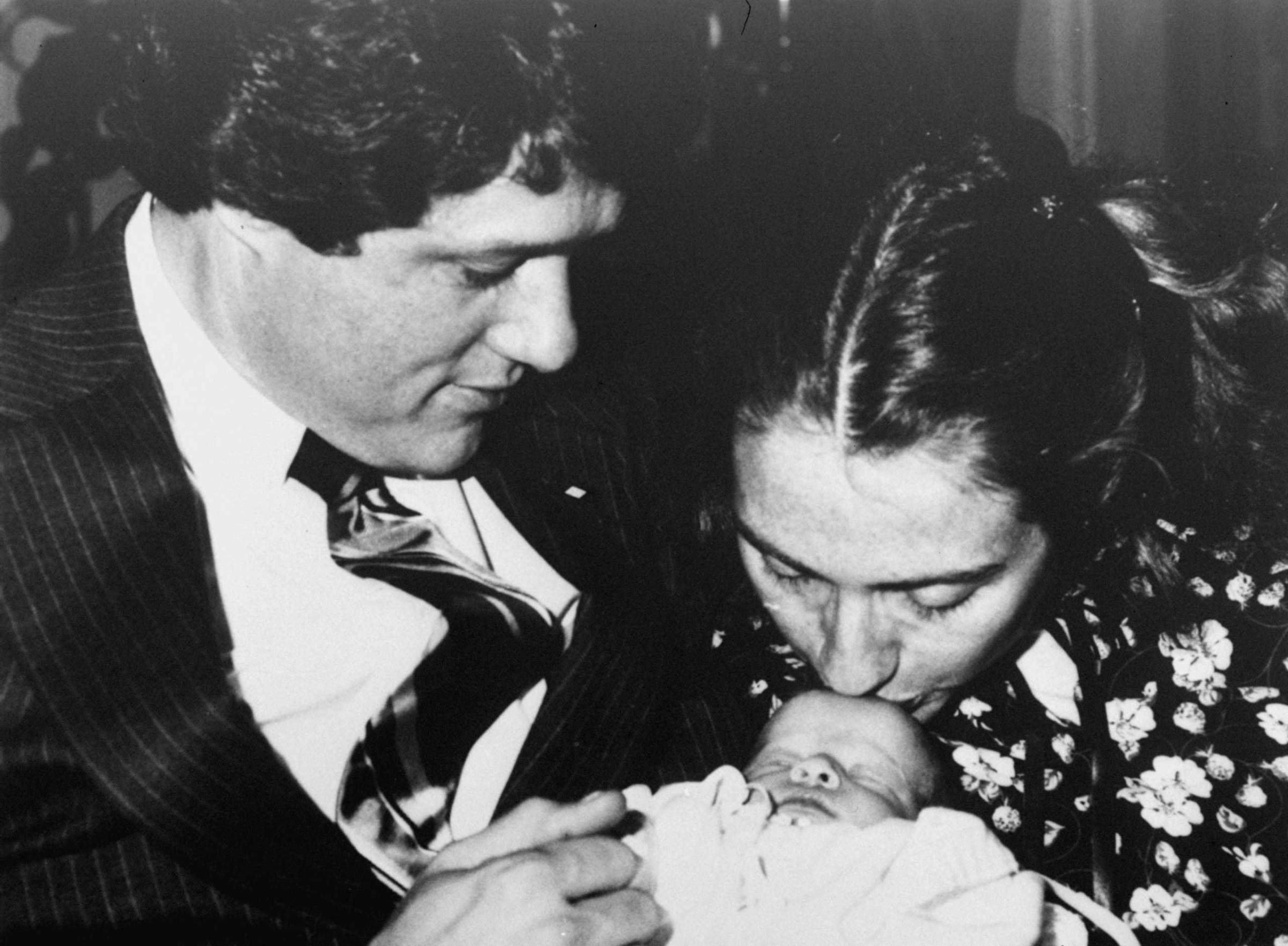

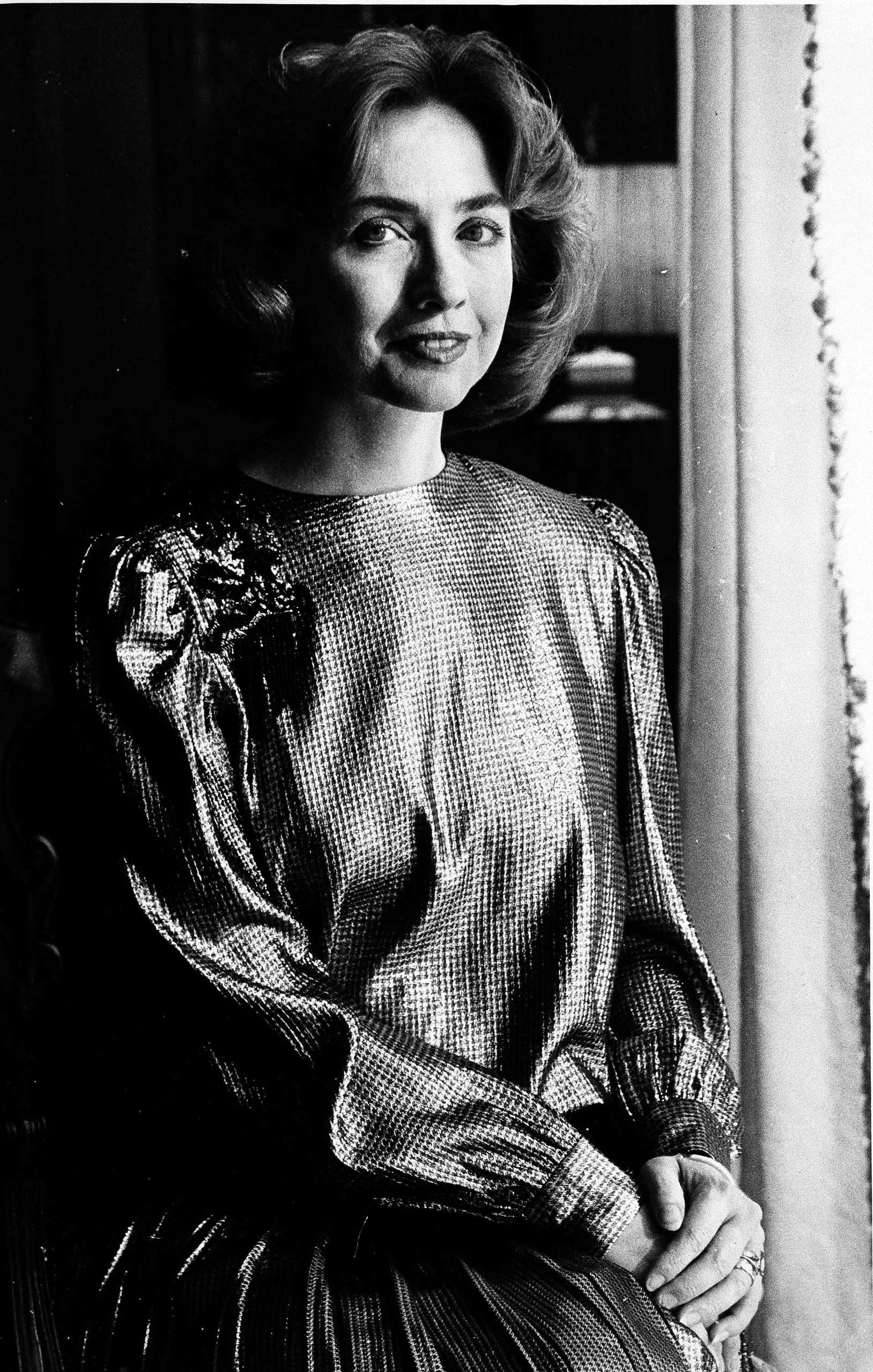
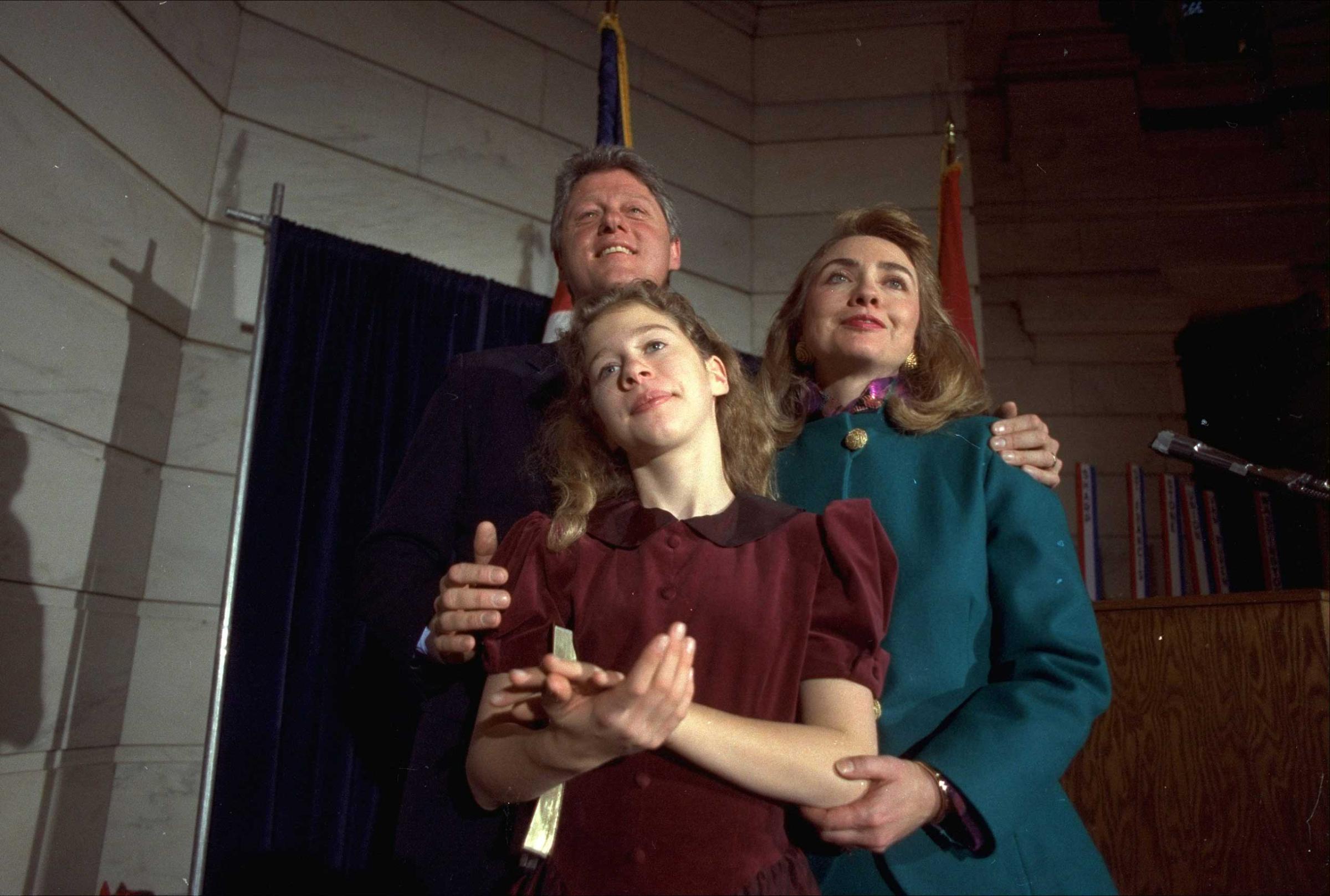

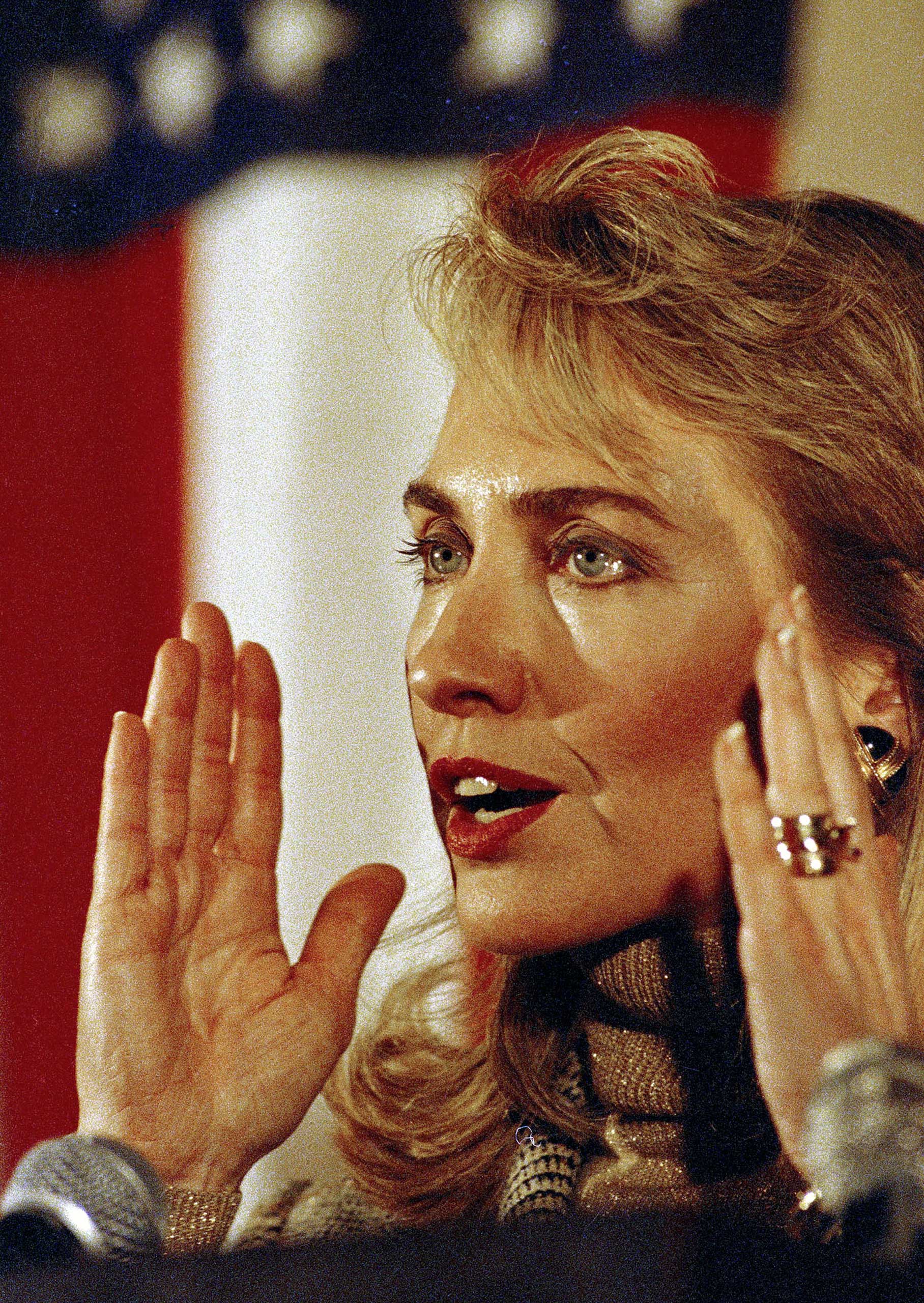



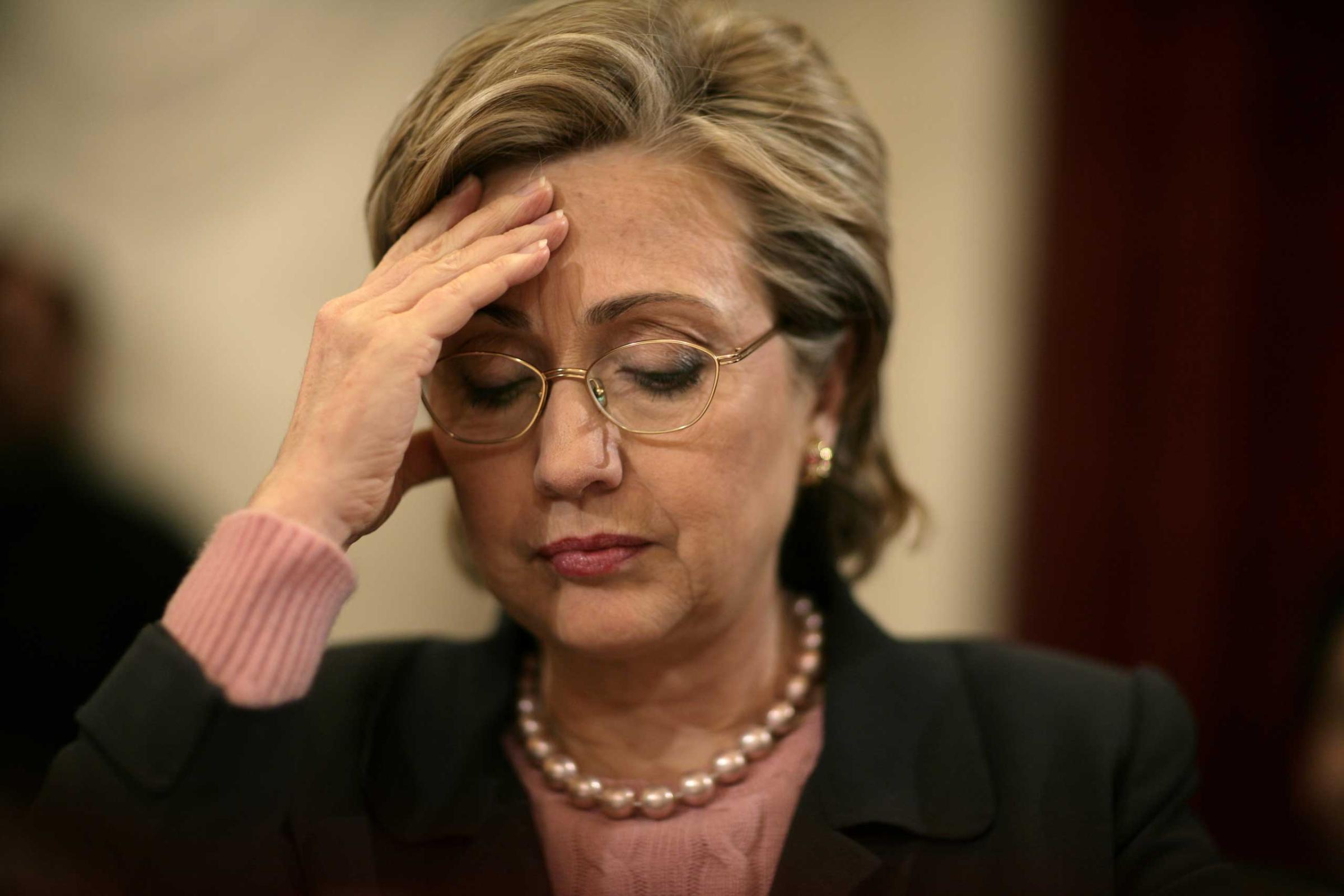
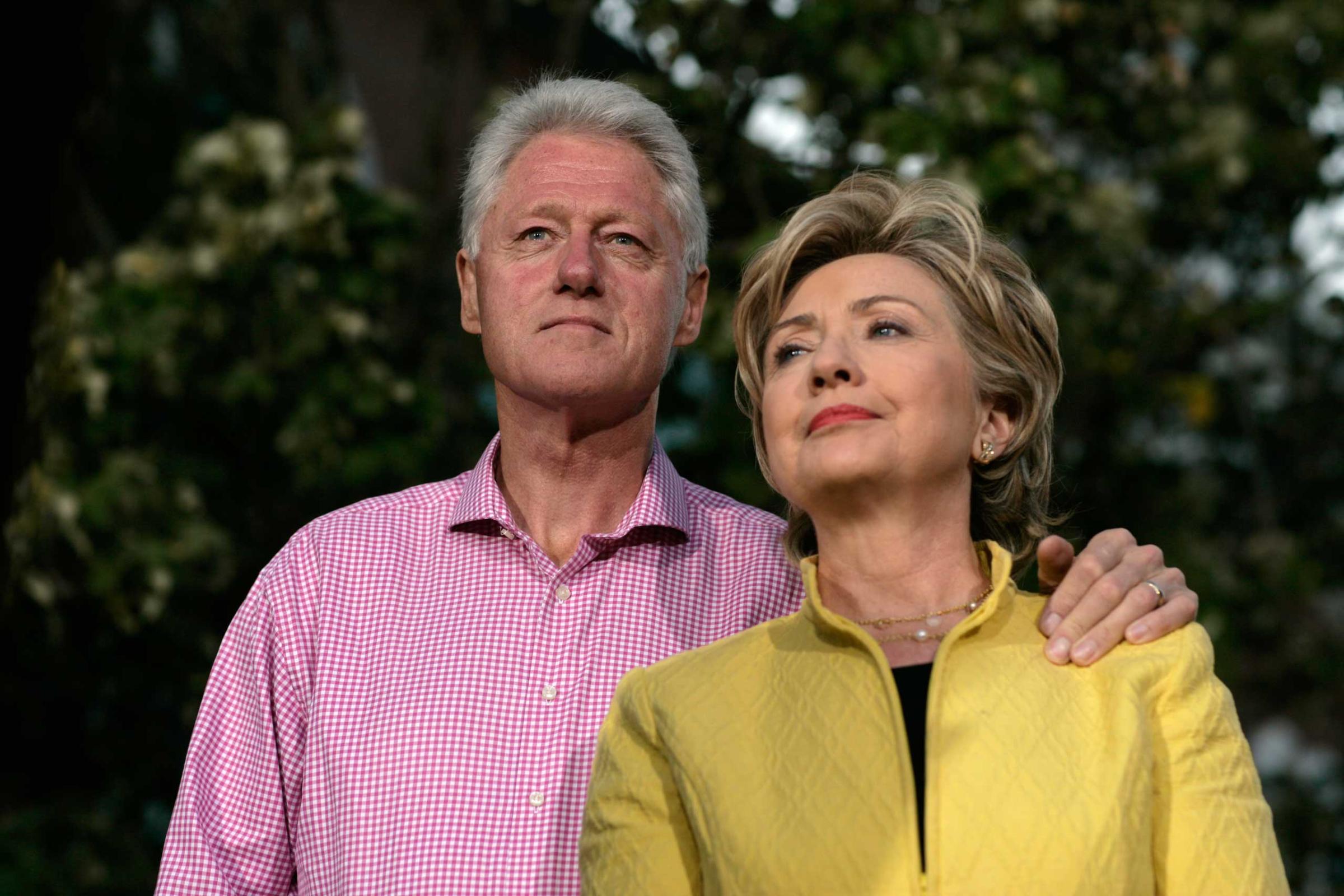


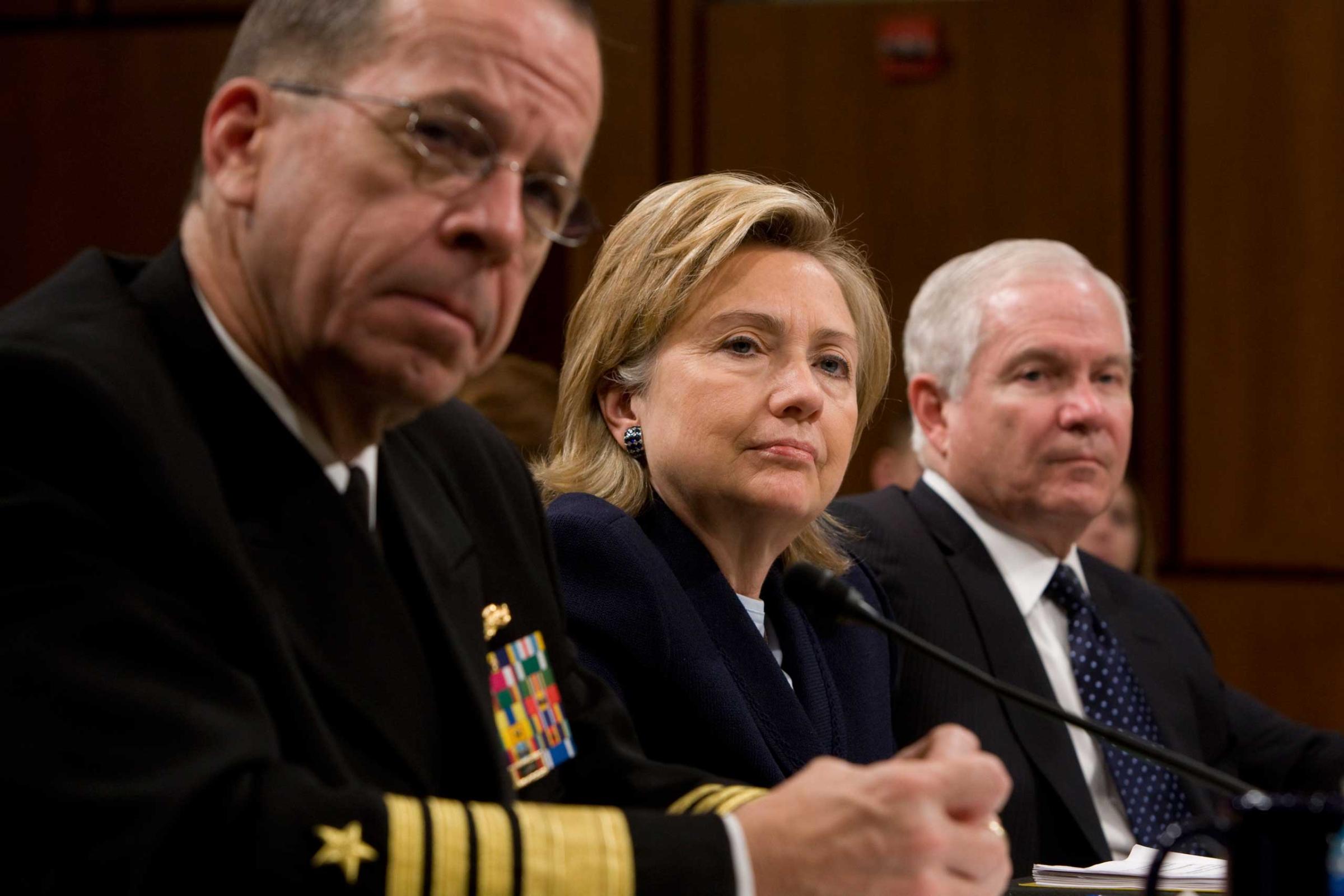
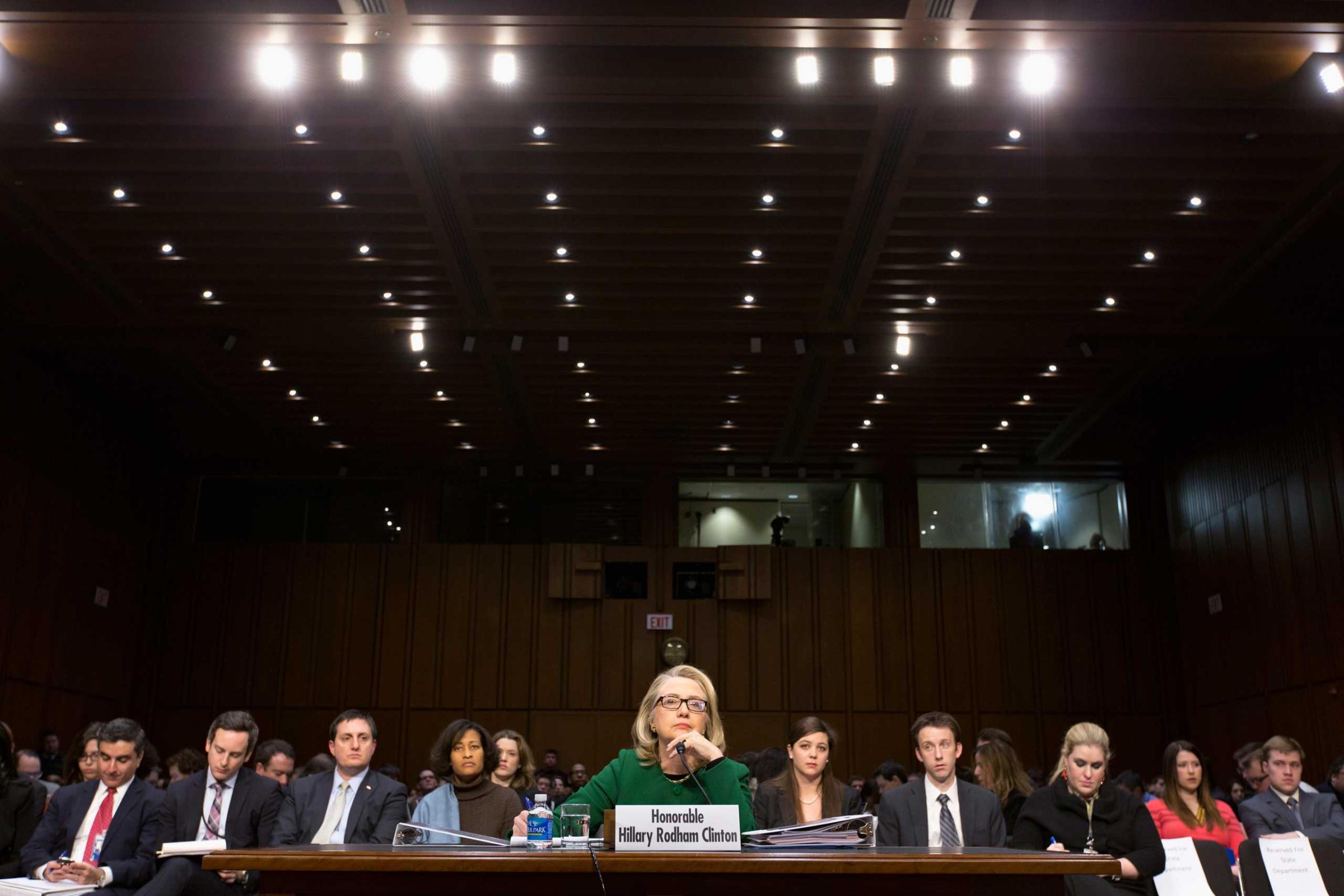
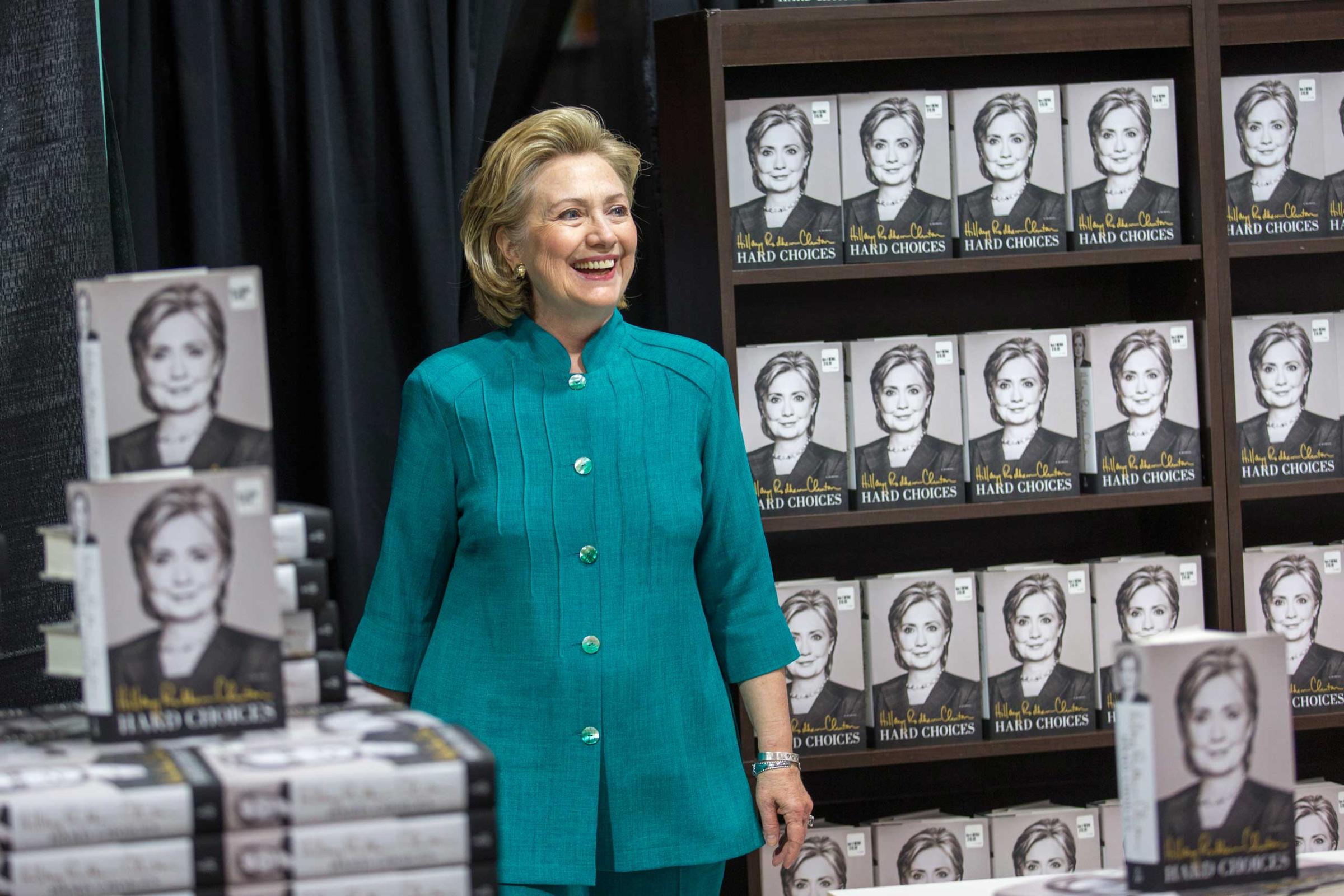

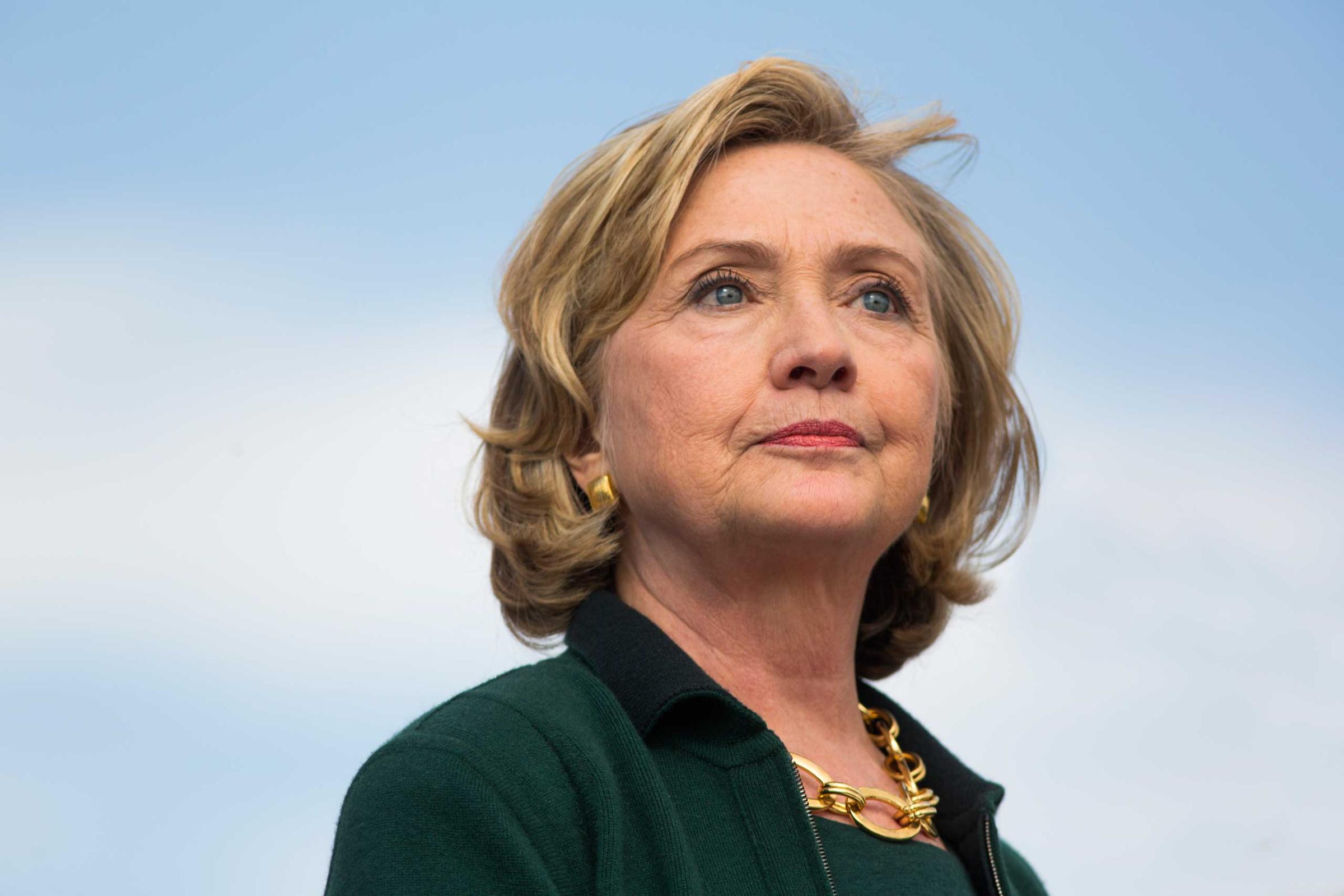
Update: This story has been updated to reflect that after initially confirming it had received a criminal referral, the Justice Department now says the request was not for a criminal investigation.
More Must-Reads From TIME
- The 100 Most Influential People of 2024
- Coco Gauff Is Playing for Herself Now
- Scenes From Pro-Palestinian Encampments Across U.S. Universities
- 6 Compliments That Land Every Time
- If You're Dating Right Now , You're Brave: Column
- The AI That Could Heal a Divided Internet
- Fallout Is a Brilliant Model for the Future of Video Game Adaptations
- Want Weekly Recs on What to Watch, Read, and More? Sign Up for Worth Your Time
Contact us at letters@time.com